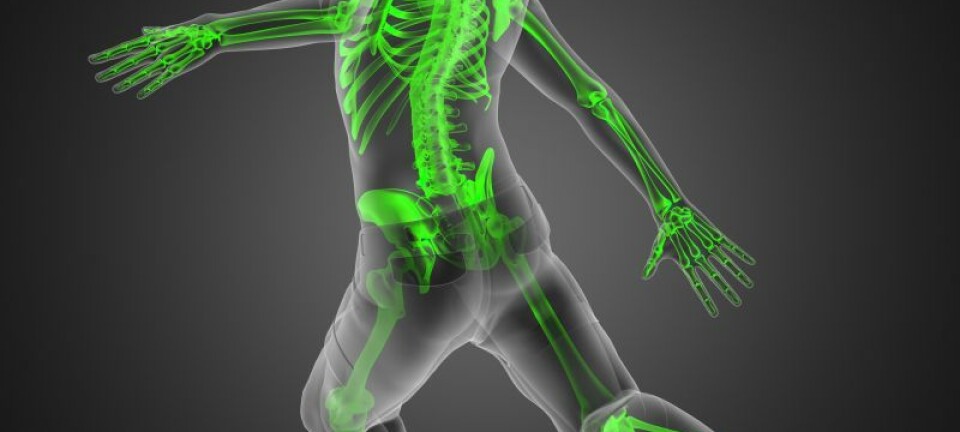
Teachers gain health by gaining knowledge
The health of educators is affected by how much they learn at the schools where they teach.
A connection has been found between teachers’ health and their opportunities to acquire new knowledge on the job.
According to Swedish researchers, educators should be involved in learning and self-development if they want to keep in health.
Their study has been published in International Journal of Quality and Service Sciences.
Over 200 teachers
The study was based on interviews with 229 teachers at 20 schools in Sweden’s Vestre Götaland County. They were surveyed about their health, quality development and opportunities to learn during working hours.

Quality development is links in this context to whether school administrators are actively interested and get employees involved.
The research confirmed several previous studies which show a link between learning and health.
Flow
The Swedish researchers found a strong link between health and what they call “flow”. Teachers who claimed to fell flow were largely likely to say they had good health.
When a person learns in the best possible way they are in the groove, so to speak, and they can flow.
The researchers described it as follows:
A condition in which one is fully dedicated to an activity in a maximally effective way, while the simultaneously task is experienced as highly stimulating.
Less of a load
“A feeling of flow also makes the work seem less of a load,” says Yvonne Lagrosen, a senior lecturer at University West, in Trollhättan Sweden.
The explanation is that a person who gets to do something interesting is stimulated in a positive way. This lessens the burden of work.
“This research shows that we need to be continuously developing ourselves and learning new skills, in order to maintain our health. This applies to our jobs as well as the rest of our lives,” she says.
Other professions?
Lagrosen cannot say for certain whether the results can be applied to other professions than teaching.
“The results could easily be relevant in other professions. But this is something that would require more research,” she says.
“But the prerequisites of a healthy contribution from our jobs are most optimal when we enjoy the work and if we can be deeply involved in it and reach a state of flow,” according to the researcher.
Jobs that develop
The researcher urges people to find jobs they really like and make sure they develop themselves and acquire new skills there.
“But the challenge mustn’t be too great. There has to be a balance between demands and a person’s control over his or her work situation,” explains Lagrosen.
She conducted the study together with her husband, Stefan Lagrosen, a professor of corporate economics at Linnaeus Univiersity in Kalmar Sweden.
Empathetic and fair boss
Other important factors which contribute to job satisfaction according to previous studies include a management which has empathy and shows respect ― leaders who understand the situation the employees are in.
“Management should be involved, just, present and should communicate clearly. They should not be switched too often either,” says Lagrosen.
Bosses who give employees an opportunity to develop competence also empower them. They enjoy mutual influence and are more informed.
----------------------------------
Read the Norwegian version of this article at forskning.no
Translated by: Glenn Ostling












